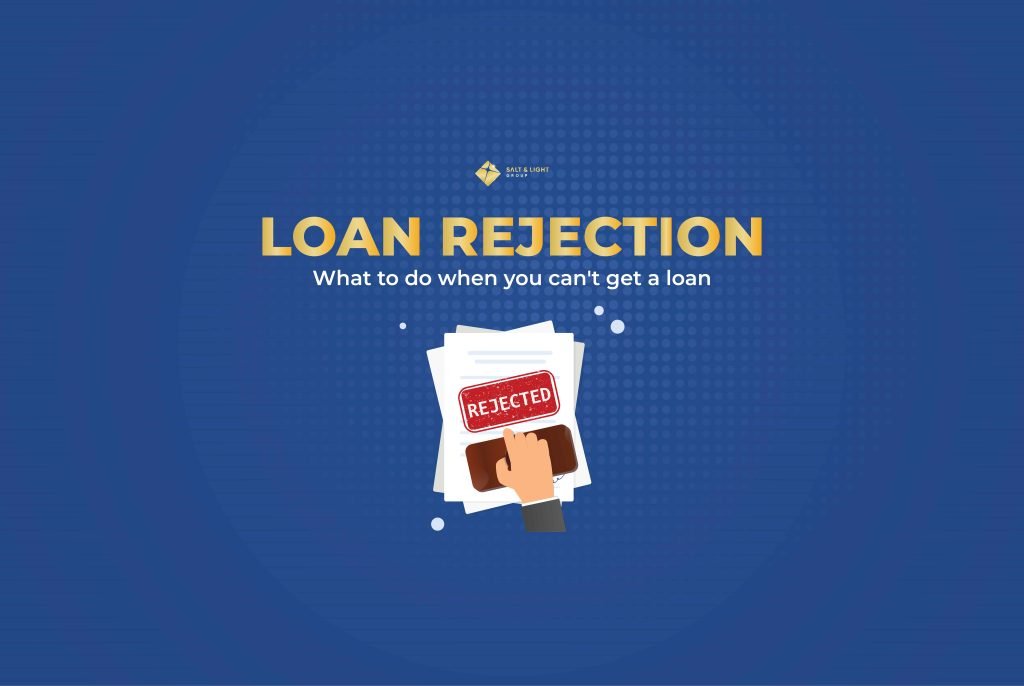Before applying for another loan, find out why your application was denied. You can make small changes to get your next application approved.
If you’re having trouble getting a loan because of debt, talk to a financial advisor. It’s free and they can help you get your finances back.
Understand why your loan application was denied
Knowing why your application was disapproved will help you improve your next application.
Lenders must lend money responsibly. They can’t lend you money if they don’t think you can pay it back. They must also let you know if they rejected your application because of your credit report.
Lenders may deny your loan application for any of the following reasons:
- There are defaults listed on your credit file, i.e. payments that are 60 days or more late when collection begins.
- Your credit file lists payments that are more than 14 days past due.
- After looking at your income, expenses, and debts, lenders think you may have trouble repaying your loan.
- You don’t have enough income and savings to prove that you can repay the loan.
Improve your subsequent mortgage application
Applying for some loans over a quick time frame can appearance horrific to your credit score report. Follow our steps to assist get your credit score rating again on course and enhance your possibilities of having approved.
-
Get a copy of your credit report
Check that your credit report is error-free and that all of the debts listed are on you. Ask the credit reporter to fix the bad listings so they don’t lower your credit score.
-
Pay some debt
Track your loan repayments and make additional repayments when you can. You’ll pay off your debt faster and save on interest. See Be a creditor to learn what debts to start with.
-
Consolidate your debts with lower interest rates
See if debt consolidation and refinancing can help reduce your interest payments.
-
Create a budget
Creditors look at your income, expenses, and savings to see if you can keep up with your loan payments. Start a budget to see what you’re spending and where there’s room to save. If you increase your savings, it will be easier for you to borrow and keep track of repayments.
Other options to get a loan
There are organizations and community services that can help you if you need a loan.
Apply for a low-interest loan
You can apply for an interest-free or low-interest loan if you have a low income and need money for essentials, such as a refrigerator or car repair.
Centrelink Advanced Payment
If you receive Centrelink payments, you may be able to get them early. This can help you cover unexpected short-term expenses with no interest or fees.
Get emergency financial help
If you are in crisis or are having trouble paying for everyday expenses like food or housing, get emergency financial help.
CASE STUDY
Chow’s car loan
Chow wanted to buy a used car so she applied for a $10,000 personal loan from her bank. Her retail job has brought her enough money to cover her rent, bills, and debt payments.
But the bank denied her request because she had no savings and $2,000 credit card debt.
Chow decided to pay off her credit card and accumulate some savings before applying for another loan.
She started budgeting and tracking how much she spent. She canceled her gym membership and unused online subscriptions, and cut back on eating out. By making these changes, she saved $200 a week.
She used $200 to pay off her credit card debt. Once her credit card is paid off, she has more money to spend on her savings goal. These changes helped Chow get her next application.
